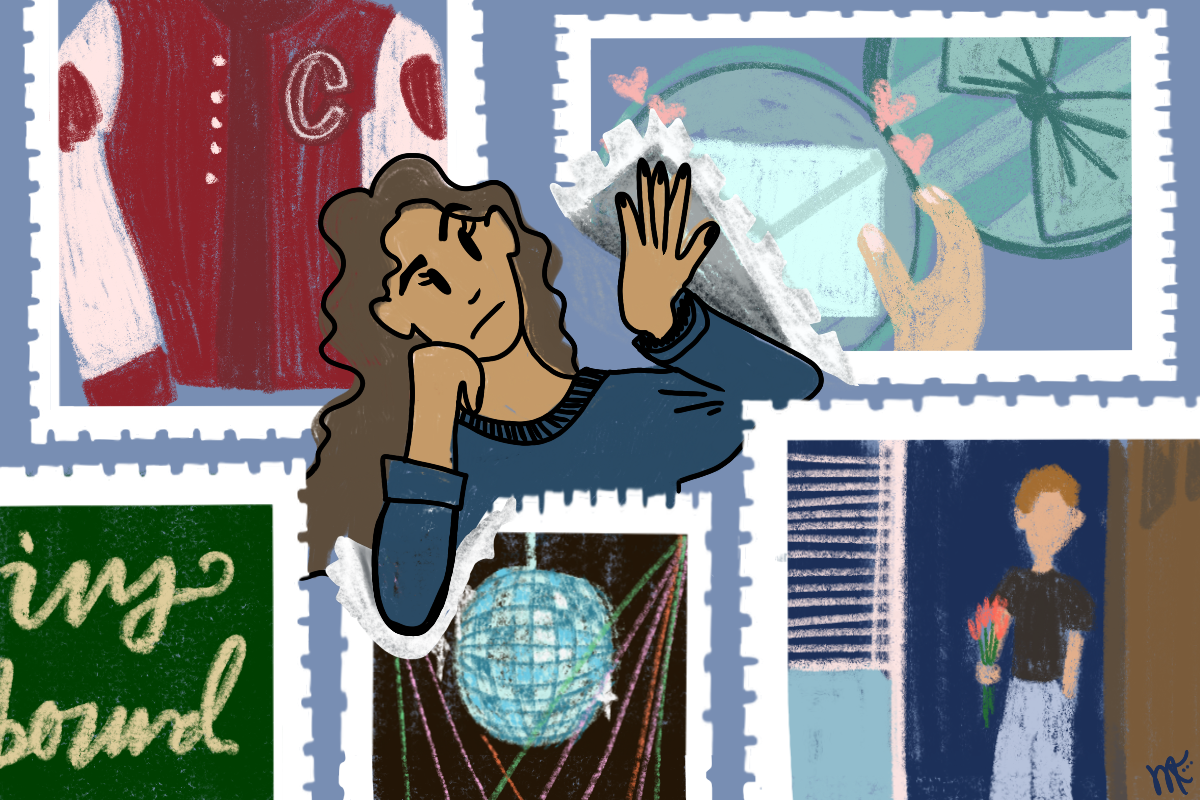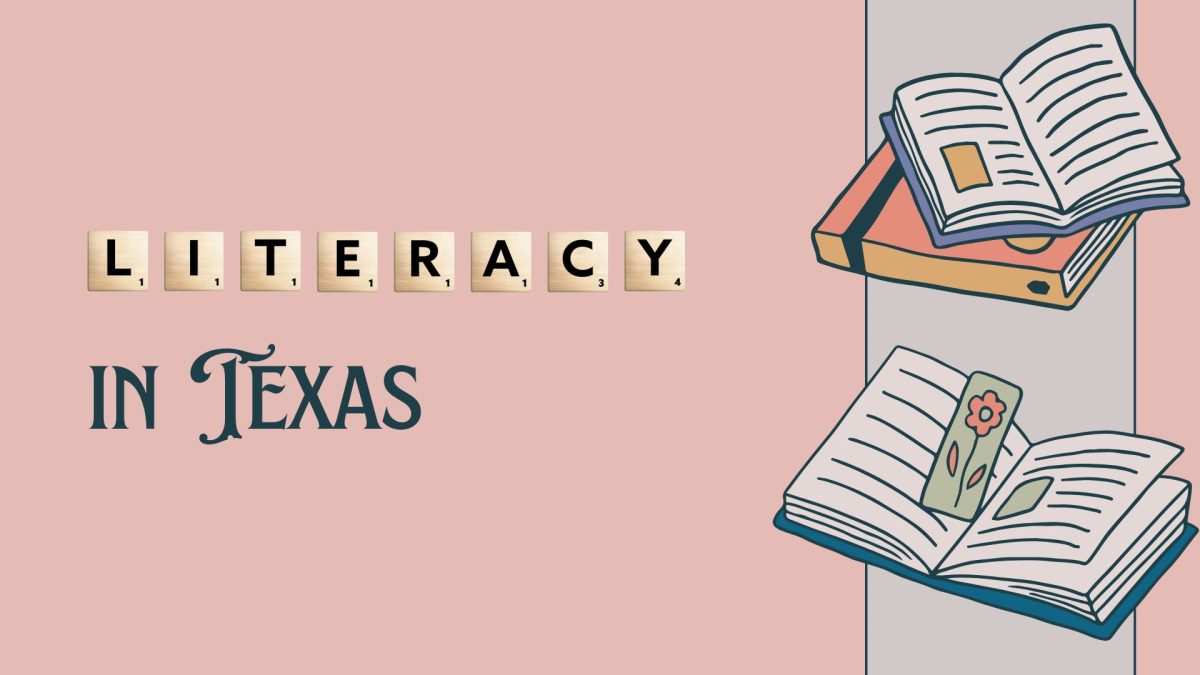By Kelly Stewart
Opinions Editor
At one time or another, all of us are guilty of posting something that we regret later.
Whether it be something we post out of anger in the heat of the moment, or something that makes us cringe because of the amount of grammatical mistakes, all of us have wished that we had thought to remove the status or comment, or better yet never to hit “post” in the first place.
Now, imagine that really embarrassing post is thrust into the eyes of your favorite teacher. See how the awkward factor multiplies?
It is not just college and high school students on Facebook anymore. The collective Facebook addiction has spread to all members of society. Now students and teachers share the same social network, and if they want to, they can interact with each other over said network to get information for assignments and projects.
The question is where to draw the line.
Primarily, Facebook has been a tool for friends to connect to each other and share photos, news from their lives and little tidbits of wisdom. And while there is nothing wrong with teachers being on Facebook, “friending” current students is going a little too far.
If it’s not appropriate for students and teachers to share personal details in real life, then it is probably not appropriate to share these things online. When you become friends on Facebook you are sharing all the things that you post, all the information about yourself that you put up and all the pictures that you take – some of which does not need to be shared with a teacher.
Facebook is too informal for teachers to “friend” students.
While I realize that Facebook has some great opportunities for putting up messages about assignments and projects, there are a lot of other sites out there that do the same thing.
That does not mean that all contact should be cut off on Facebook. It would be fine if a student needed to ask a quick question about a project or something, and Facebook was the only medium available to easily ask the question. Small questions and exchanges of information are fine, but the limit needs to be established somewhere, and “friending” is a good place to do it.
Some might argue that inappropriate things can happen anyway. But while it is impossible to keep it from happening, you can a least take precautions against it.
Facebook is a great site for everyone to use, but like everything in life, a few guidelines need to be established so that things can go smoothly. Even though Facebook is different from real life, the consequences have a tendency to spill over, and that has to be avoided as much as possible.








